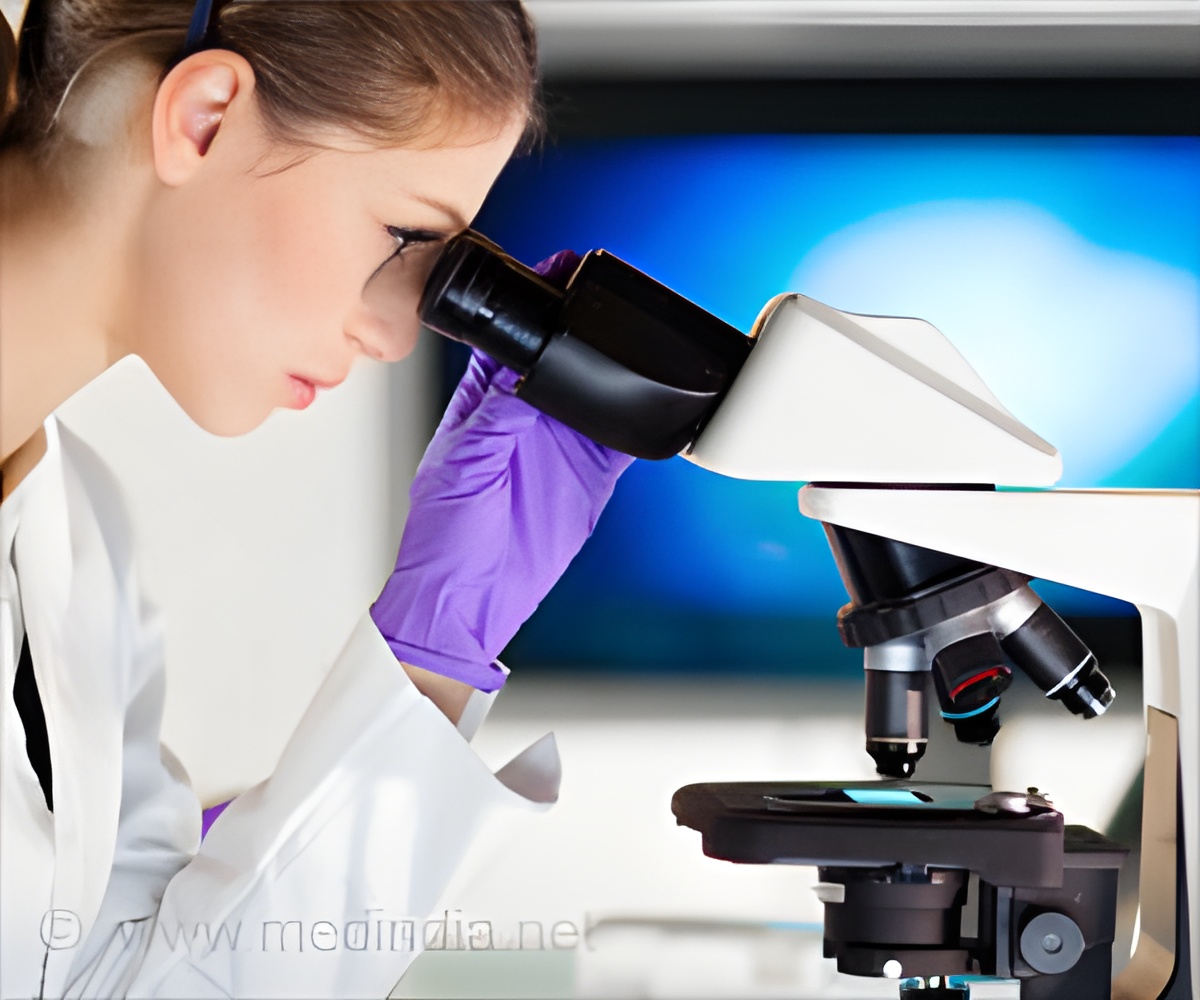A key 'survival gene' that prevents strains of tuberculosis (TB) from mutating into drug-resistant 'superbugs' have been discovered.

‘A gene called NucS dramatically reduces mutation rates in mycobacteria - the infectious microbe which causes tuberculosis. This discovery could prevent development of antibiotic resistance during treatments.’





In a joint study, published in the journal Nature Communications,
scientists from the Centro Nacional de Biotecnología in Madrid and the
University of Sussex in Brighton, report the discovery of a gene called
NucS that dramatically reduces mutation rates in mycobacteria - the
infectious microbe which causes tuberculosis (TB). The researchers involved in this study believe that the identification of a key gene, required to suppress mutation rates in mycobacteria, is an important step towards understanding how 'superbugs' develop.
Using a genetic screen, which involved individually knocking out nearly every gene (11,000 genes) in mycobacteria, and screening whether mutant strains grew on a specific antibiotic (rifampicin), the scientists discovered that a DNA repair enzyme, produced by the NucS gene, dramatically reduces mutations from occurring.
The researchers also discovered that genetic variations in the NucS gene significantly influence the mutation rates in clinically isolated strains of mycobacteria. More work needs to be done, but the scientists believe this discovery could also play a role in understanding the development of antibiotic-resistance in patients already suffering from TB.
Professor Aidan Doherty, from the University of Sussex, said: "The rise of antibiotic resistance is a major threat to global health and, if we are to limit its impact on infectious diseases, we first need to identify the mechanisms that prevent bacteria from mutating in the first place. This knowledge will then enable us to better understand how pathogens develop into 'superbugs'.
Advertisement
Professor Jesus Blázquez, from the Centro Nacional de Biotecnología, said: "Not only does this study identify that mutations can be reversed in mycobacteria, it reveals that the loss of this DNA repair process can cause a huge increase in the mutation rates, significantly increasing the likelihood of these pathogens acquiring mutations - which can cause antibiotic resistance."
Advertisement
Source-Eurekalert















